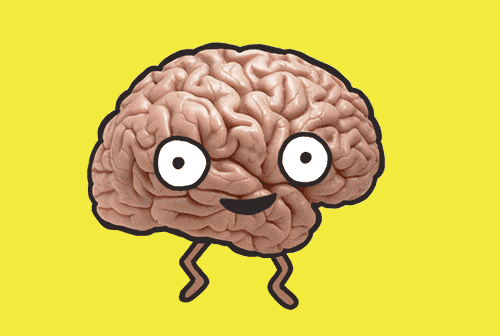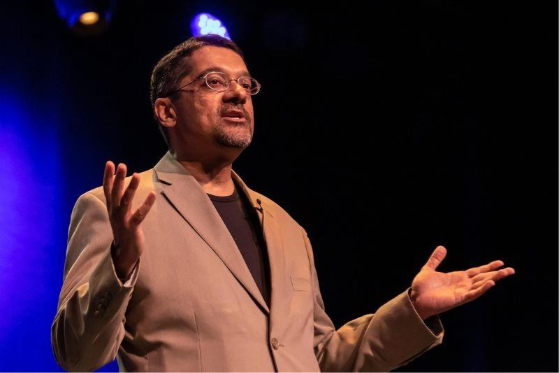It pays to be an optimist
Plus, does your brain dance?
BRAIN WAVES
Good vibes, great returns. It pays to see the glass half-full. In a new study, researchers looked at how our dispositions influence our financial behavior. Using the data of 140,000 participants across sixteen different countries, they found a link between optimism and higher savings rates; the link held true even after accounting for obvious factors like income, personality traits, and financial literacy. The researchers also found that optimism predicted better savings — not the other way around. Sure, it’s easy to be optimistic when you’ve already got money, you might be thinking. But the effect was even stronger for lower income individuals. Researchers said that optimism might serve as a buffer against financial stress, but overall, the findings suggest that the way we think about the future can nudge our financial choices in powerful ways.
Hip-hop-ocampus. We don’t just feel the beat...we become the beat. In a paper, researchers from McGill and the University of Connecticut introduced “Neural Resonance Theory (NRT),” the idea that our musical experiences arise from the brain’s intrinsic rhythmic activity. To support this idea, researchers analyzed decades of neuroscience, psychology, and music research, including studies using EEG, fMRI, and behavioral experiments. They found evidence that certain brain circuits — like the ones involved in sound processing and movement control — sync up with musical elements like rhythm and harmony. This means our neurons literally align with the beat, forming shared patterns that hold the same for different people regardless of their musical training. So when music “moves” you, what you’re feeling isn’t just emotional, it’s also neurological. “This theory suggests that music is powerful not just because we hear it, but because our brains and bodies become it,” said psychologist and co-author Caroline Palmer.
Talk it out. Do you ever struggle to communicate with your mom? Or feel like you and your spouse sometimes speak different languages? Our conversational styles can cause unintended conflicts, but there are things we can do to communicate more effectively with the people in our lives. Listen to learn more.
ON THE HIDDEN BRAIN PODCAST
How Nature Heals Us: What is it about the outdoors that has such a powerful effect on our mood and our minds? We explore how spending time in nature can undo some of the harmful effects of our modern lives.
ON THE MY UNSUNG HERO PODCAST
Stacia’s Story: Almost 50 years ago, a stranger’s simple question gave her safety — and an example she’s tried to follow ever since.
Don’t forget to send us the story of your unsung hero! Record a voice memo on your phone and email it to myunsunghero@hiddenbrain.org.
NEW STOPS ON THE HIDDEN BRAIN TOUR!
Good news! The Hidden Brain tour continues, and we’ve added more stops. Join our host Shankar Vedantam as he brings seven key insights from the first decade of Hidden Brain to the stage. You don’t want to miss it!
MIND GAMES
A man goes out for a walk during a storm with nothing to protect him from the rain. He doesn’t have a hat, a hood, or an umbrella. But by the end of his walk, there isn’t a single wet hair on his head. Why doesn’t the man have wet hair?
LAST WEEK’S PUZZLE
A man went to a party and drank some punch. He left early. Everyone else at the party who drank the same punch were poisoned and became very sick. Why didn’t the man get sick?
The answer: The poison in the punch came from the ice cubes. When the man drank the punch the ice was fully frozen. Gradually it melted, poisoning the punch. Alternative solution: He could have poisoned the punch after drinking some of it (source).
A MOMENT OF JOY
Veteran’s Day is coming up, and this 99-year-old WWII veteran wants a birthday card...from you.
This weekly newsletter is made possible in part by Loom by Atlassian. Unstuck your process, projects, and teams with video communication from Loom. Try Loom today at loom.com.
Have an idea for Hidden Brain? A story you want to share with us? Send an email to ideas@hiddenbrain.org. Listen to us on Spotify, Apple, Amazon Music or your favorite podcast platform.




